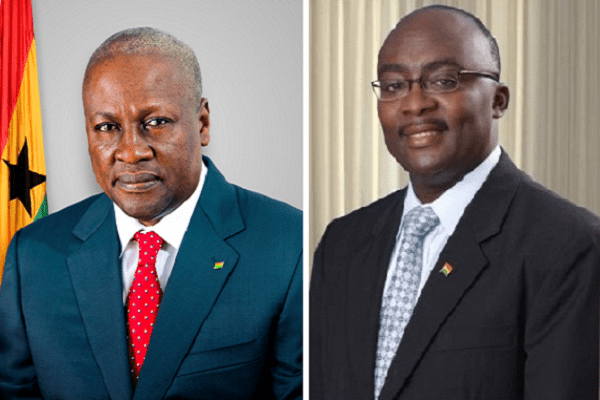|
Getting your Trinity Audio player ready...
|
In the vibrant political landscape of Ghana, party loyalty often trumps performance, creating a complex dynamic that shapes governance and public sentiment. Ghanaians are renowned for their passionate allegiance to political parties, often remaining steadfast supporters despite a lack of tangible results. This phenomenon raises critical questions about the nature of political affiliation and the responsibility of citizens in holding their leaders accountable.
Historically, Ghana’s political parties have cultivated deep-rooted loyalties that stem from cultural, ethnic, and historical affiliations. Many Ghanaians identify strongly with either the National Democratic Congress (NDC) or the New Patriotic Party (NPP), viewing their party allegiance as a cornerstone of their identity. This loyalty can obscure rational assessments of governmental performance, leading to a cycle of uncritical support.
In recent years, both the NDC and NPP have faced significant challenges, from economic downturns to social unrest. The COVID-19 pandemic highlighted the need for effective governance, yet many citizens continued to support their respective parties despite widespread dissatisfaction with handling the crisis. The resulting disillusionment has bred frustration, yet loyalty remains largely intact.
The implications of this unwavering allegiance are profound. When voters prioritize party loyalty over rational judgment, they inadvertently enable poor governance. Political leaders, aware of their constituents’ loyalty, may feel less compelled to deliver on promises or address pressing issues. For example, the persistent energy crises, economic inflation, and unemployment rates have left many Ghanaians struggling, yet many continue to support the ruling party, attributing any shortcomings to external factors rather than leadership failures.
Recent events, such as the ongoing discussions about the economy and public sector strikes, further illustrate this disconnect. Despite clear signs of discontent, party supporters often remain vocal in their defense of governmental actions, citing party loyalty above the need for accountability.
It is imperative for Ghanaians to adopt a more rational approach to political engagement. Citizens must recognize that loyalty should not overshadow the fundamental responsibility of holding elected officials accountable. Voters need to evaluate their leaders based on performance, integrity, and the ability to address the pressing needs of the populace.
Engaging in civic discourse, participating in community forums, and demanding transparency can empower citizens to influence political outcomes positively. By fostering a culture of accountability, Ghanaians can encourage their leaders to prioritize the public good over party politics.
To create a more effective political environment, it is crucial for Ghanaians to redefine their relationship with political parties. While loyalty to one’s party can be a source of community and identity, it should not come at the expense of rationality and accountability. By critically assessing the performance of the reigning government and advocating for necessary changes, citizens can play a pivotal role in shaping a brighter future for Ghana.
In this era of global connectivity and informed citizenry, Ghanaians have the power to transform their political landscape. The time has come to shift from blind loyalty to a more reasoned and critical engagement with governance. It is only through such a transformation that the aspirations for a prosperous and equitable Ghana can be realized.


